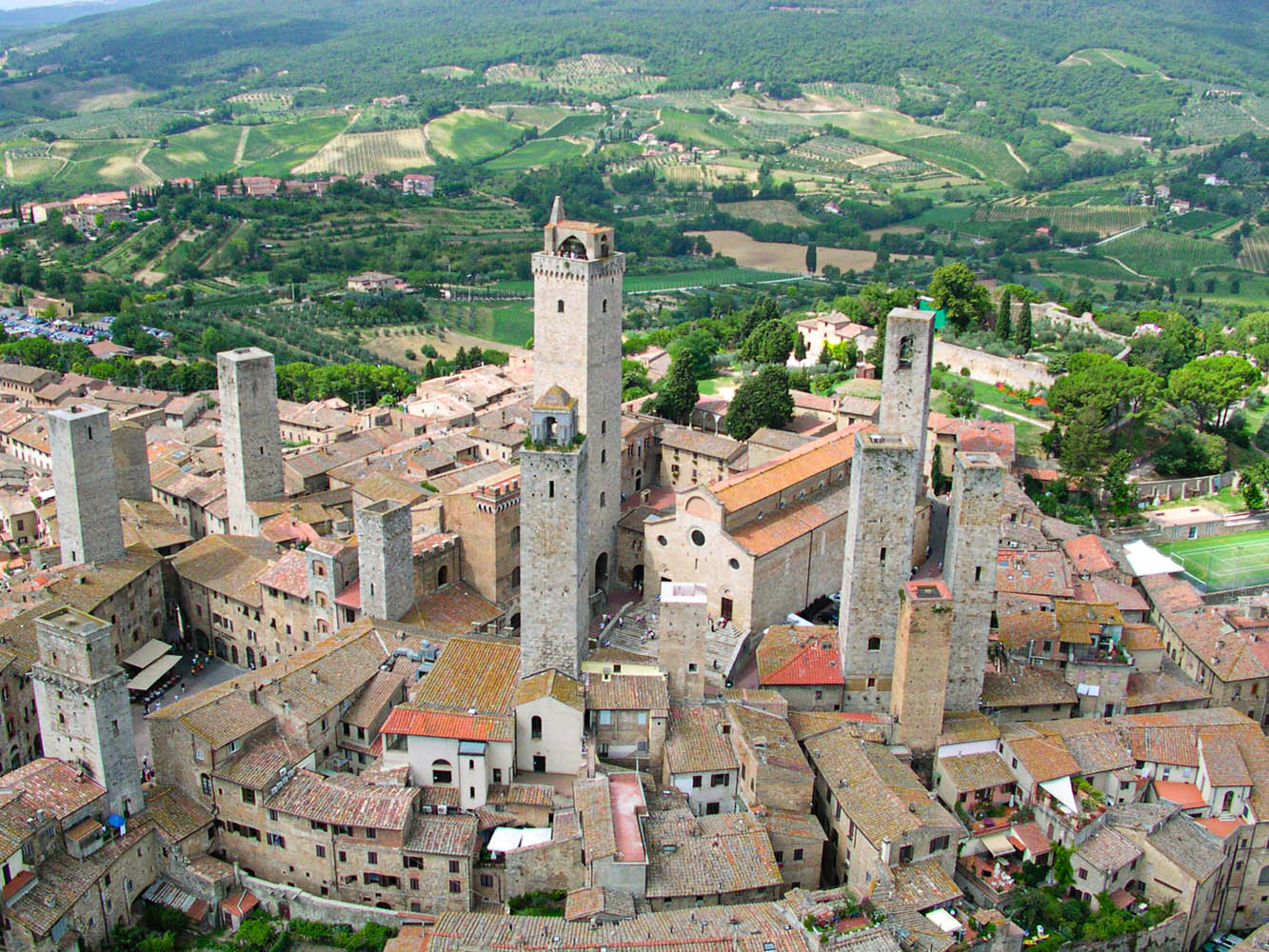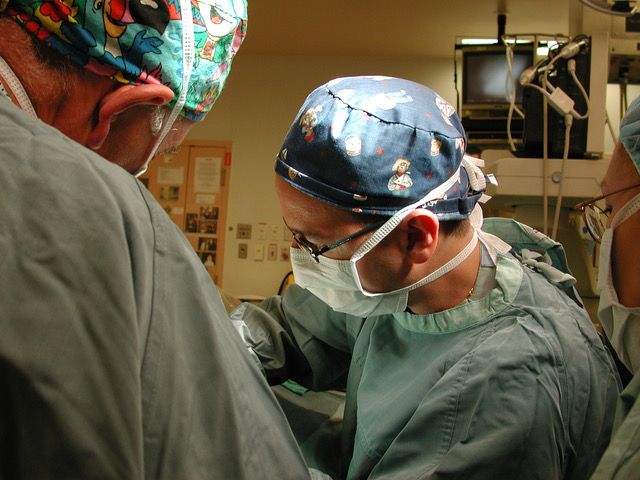
Interview with Prof.Paolo Campisi
Professor, Italy in the world is a known, celebrated, valued reality, but I would like to ask you how this new life began for your parents?
My parents, like many of their friends, immigrated to Canada as children in the late 1950s. My mother was 11, my father 14 years of age. The decision to immigrate was made by their parents so I imagine the experience was both exciting and traumatic. My parents recollect that their initial experiences were not always pleasant as they faced economic uncertainty, an unfamiliar culture, a new language and overt systemic racism. Over time, they formed a community with family and other immigrants from southern Italy. Through that community, they met, married and started their own family. Together they aimed to preserve their native language, culture and values while also integrating into the fabric of a multicultural Canada.
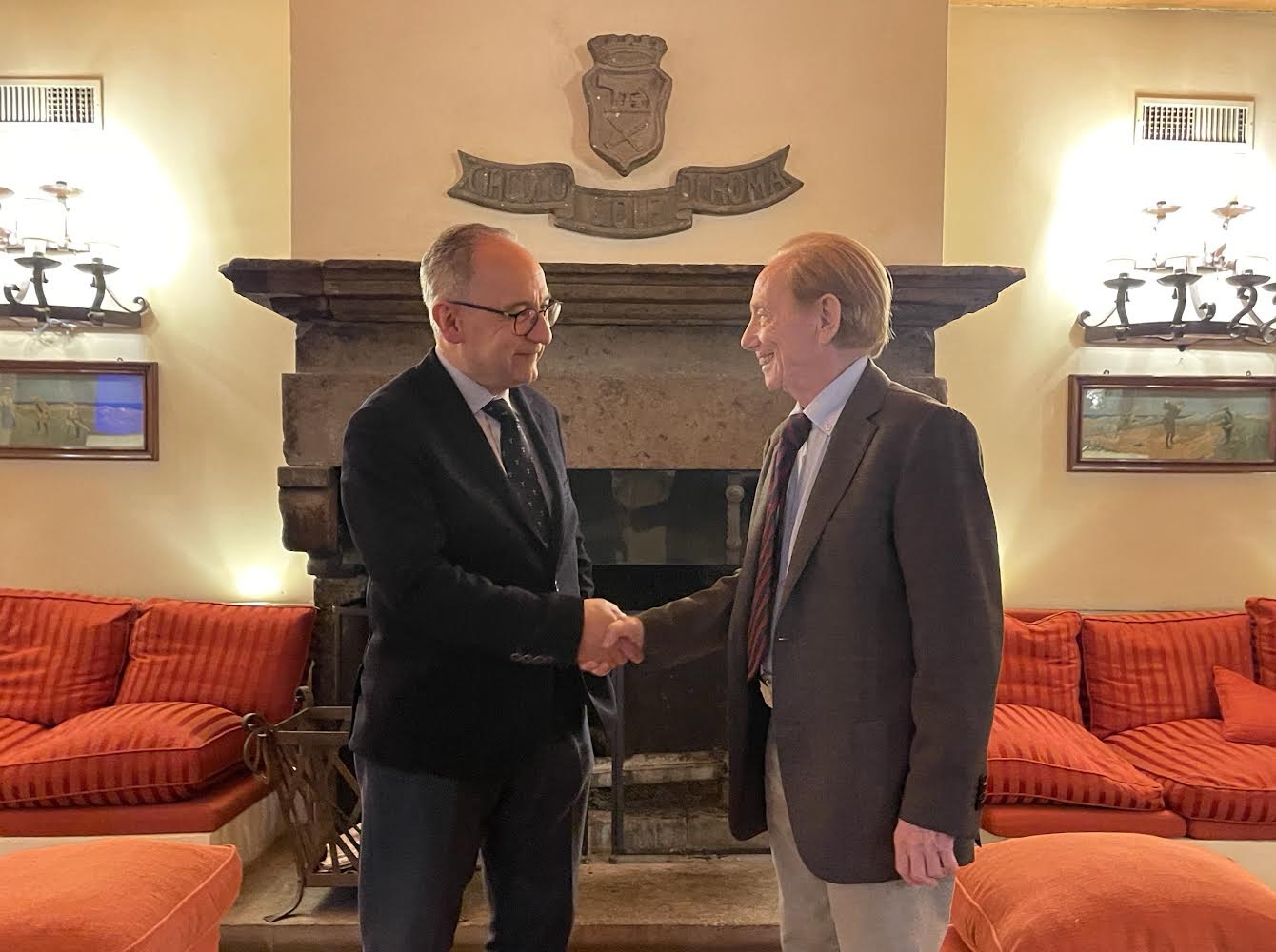
Are there any anecdotes you would like to share about your family’s first steps in the journey and arrival in the new continent?
My father often described their family voyage to Canada aboard the Saturnia. Prior to crossing the Atlantic ocean, the ship took port in Lisbon, Portugal. He recalls taking a taxi with his father to visit the residence of the exiled King Umberto II. They were fortunate to have an audience with the exiled King and he remembered his well wishes and more importantly, his instructions to work hard and honestly, to be successful and represent the best that Italy has to offer to the world. I believe this experience had a very profound and lasting impact.
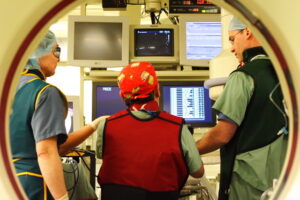

Are there any ties to the land of your ancestors, and what do your relatives in Italy say?
The bonds with family that remained in Sicily were surprisingly maintained over the years through letters, phone calls and vacations beginning in the 1970s. The need and desire to maintain the connection was probably due to the fact that my father left Italy at 14 years. He had developed many memories and a strong sense of nostalgia for his native home. I don’t think the bonds would have beenas strong if he had immigrated at a younger age. I have had the privilege to visit and know very well my great aunts and cousins that remained in Sicily and continue to visit whenever the opportunity arises. Although I was born in Canada, I feel at home when in Italy. I know my family is very proud of my professional accomplishments. My position validates their belief that given a fair opportunity (as Canada provided), any person from the ‘South’ can succeed and represent their potential.
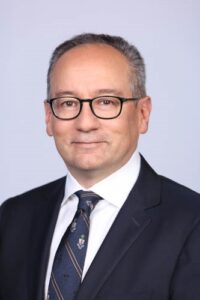
What is your current position in Canada, and how have your origins, values, and native traditions integrated with those of the local community?
I am a husband, and a father of two accomplished daughters. Professionally I am a pediatric surgeon and a University professor. Integrated into these roles are indeed the values that have been passed along from my parents. I encourage my children and my students to be proud of their heritage, to be grateful for the opportunities provided by Canada (and their immigrant families), to value education, to aim to be the best that they can be in their chosen profession, and to respect others.
Are there any episodes or patients whose stories you would like to share, also considering the diverse backgrounds of the people you come into contact with in your professional activity?
I have had the privilege to treat children of various ages and from various cultural backgrounds. The commonality across these encounters is the strength of the family bond that transcends any cultural differences.
Could you tell us about the hospital where you work and how SickKids was elected by the prestigious magazine Newsweek, for two consecutive years, as the best pediatric hospital in the world?
I have had the honour to work at the Hospital for Sick Children in Toronto, Canada since 2002. It was always a world class pediatric institution staffed by doctors and nurses that have dedicated their professional lives to the provision of the best care possible to children from all across Canada. It is a place where one continues to learn and grow because of the many interactions with children, their families, resesarchers and clinical colleagues. I am proud and honoured to be a part of this incredible team. I am pleased but not surprised that our hospital has been recognized at the international level.
He is a young man whom I would ironically describe as “mature,” and one of his dreams, due to this characteristic, is to return to Italy.
There has always been a dream of returning to Italy to share knowledge and skills with colleagues, especially in the south of Italy where access to specialized care has always been a challenge. I have found a way to achieve this through the life of an academic physician which allows for interaction with colleagues in Italy through research, courses and conferences. There always seems to be an immediate connection and friendship established, no doubt as a result of our common heritage and ability to speak Italian.
What could be the future of pediatric otolaryngology today, and what has changed compared to the past?
Pediatric otolaryngology has established itself as a true and respected subspecialty of otolaryngology.
Physicians that used to take care of both adults and children are now only focusing on children and working in specialized pediatric hospitals. The use of genetic analysis and precision medicine will result in very specific care suited to a child’s needs. I am also very excited about out ability to detect conditions early in pregnancy that in some cases allows us to intervene very early and improve patient outcomes.
This is a challenging question but I will keep my answer very simple. Parents need to provide a loving home environment, a sense of security and to spend as much time together as possible. It is that simple.
Do you feel you have changed over the course of your work?
I have certainly changed during my professional career. With time, one acquires experience and is able to provide more thoughtful and compassionate care to children and their families. Becoming a parent also allows you to fully understand how disease in children has a profound impact on parents and you realize that you have a responsibility to not only care for the child but also to help a family navigate the emotions that they will experience during the treatment course.
I try to come to italy as often as possible. I never refuse an opportunity to collaborate on projects or attend a medical conference in Italy. It is an opportunity to see friends and colleagues and visit with family. I try to visit family in Sicily and my closest friends and colleagues in Rome. Italy has an endless list of very unique and beautiful places. I also try to discover a new place with each visit.
Are there any Italian villages where you would like to live, and why?
Perhaps one day I will find myself living in Italy. I would choose a region or town where I could continue to provide care and teach the next generation of pediatric otolaryngologists while enjoying the beautiful scenery, food and culture.
Giornalista detentore dal 2015 del Guinness World Records TV e Ambasciatore Borghi più Belli d’Italia.
Leggi in:
![]() Italiano
Italiano






